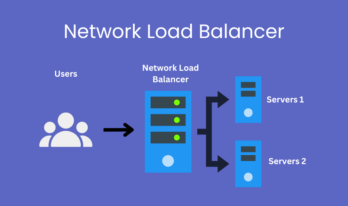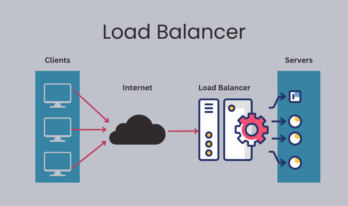What is BYOD?
BYOD or bring your device is an attractive business model as it increases productivity allows for greater flexibility and also has a consequential impact on the traditional IT framework. Workforce mobility, where personal devices are interfacing with corporate data has caused a shift in IT consumerisation.
BYOD advantages and disadvantages
Despite the flexibility that BYOD provides us with, creating numerous benefits for employees; it has also put notable pressure on organizations. The hardest hit is medium and small enterprises that don’t have the knowledge and in-house resources to mitigate the challenges.
With data security being a top-notch concern for CEOs, ensuring your employees’ data is secure, is of prime importance. Though BYOD offers different benefits, it can also create various security issues.
- Security at stake: A company’s IT department will not have control over employees updating their devices. Most of the personal devices often need software upgrades out of which mobiles and tablets are most prone to malicious attacks. These upgrades if done from untrusted sites, can pose a major threat for companies that are using large amounts of data.
- Intermixing of personal/professional data: With both personal and professional data being stacked simultaneously on employee devices, there is a high risk of personal data being shared with the work environment and sensitive and vital work data being deleted accidentally. Businesses should put up some ground rules and policies when sharing work-related or personal information using remote/mobile devices.
- Loss of device: Losing a personal device that you are also using at work can result in the loss of all of the critical data that you have stored on your device. And what if this data goes into the wrong hands and is used against the organization? This is why companies need a clear BYOD culture and policy of security that fits the needs of both parties.
- Device security management: Each kind of remote gadget (PC, cell phone, and tablet) is liable to various vulnerabilities and requires different types of protection to secure the organization's information. For instance, workstations are very helpless against malware and spyware. Introducing a Virtual Private Network (VPN) can help secure online communications.
Companies should ensure that employees have undergone proper training in securing data in a BYOD environment and are aware of all the rules and policies. Your business needs strong cybersecurity measures to help cope with BYOD issues to secure data at all levels, on all devices.
You may also like to Read:
BYOD – An Inroad to a Global Business
Cyber Threat Business Should Expect in 2023




